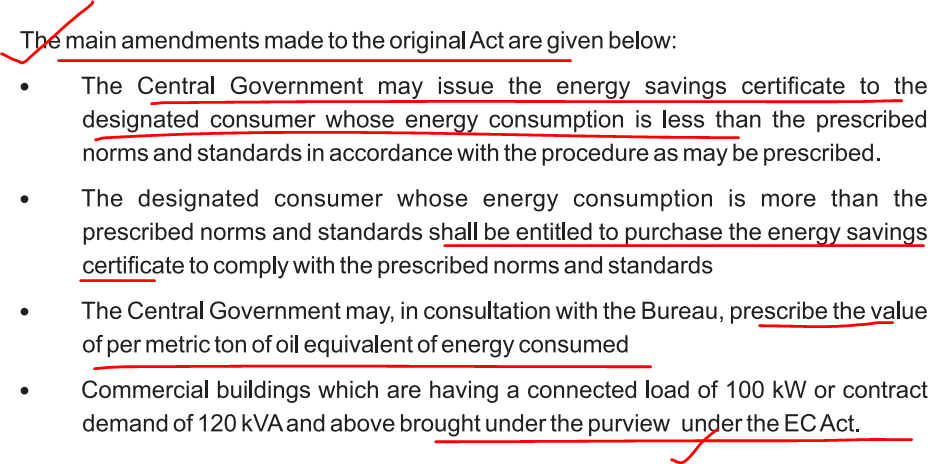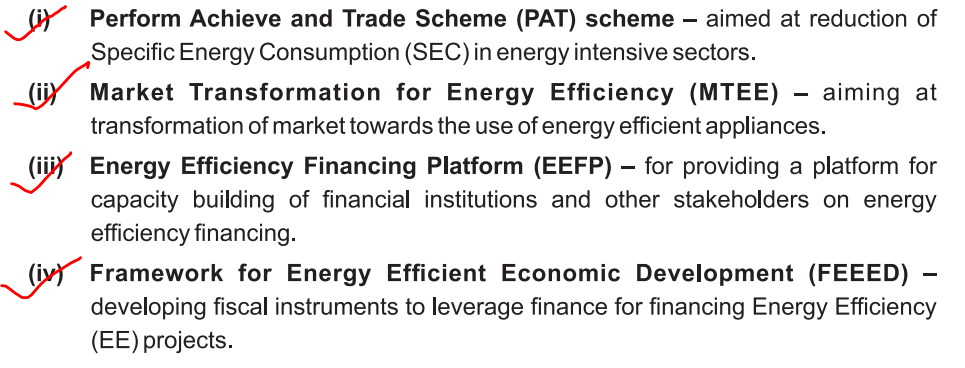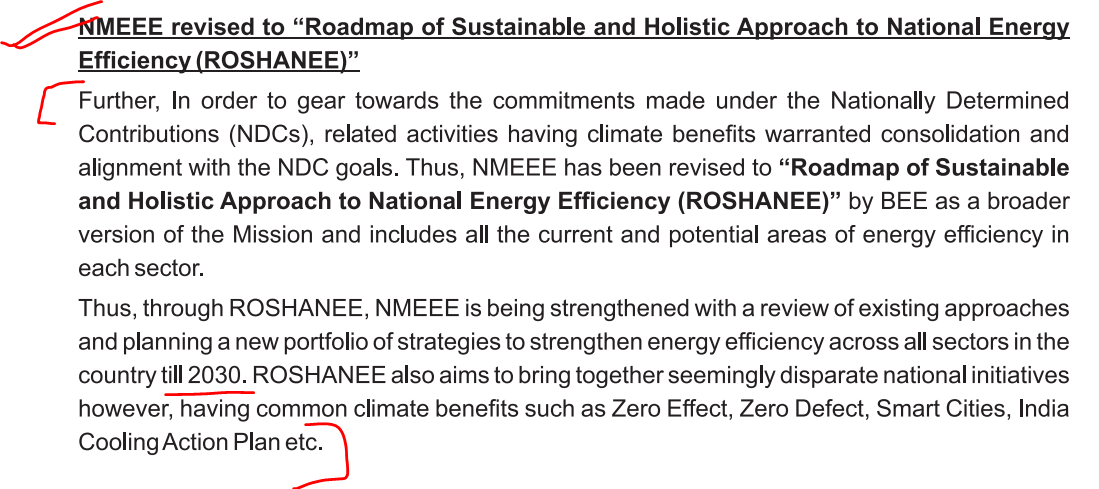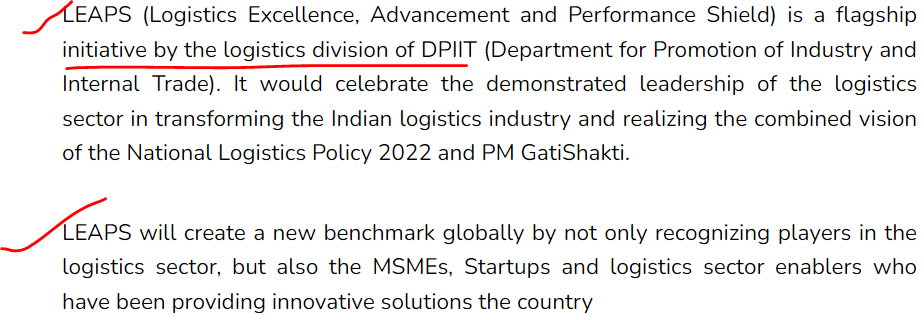Goaltide Daily Current Affairs 2024
Current Affair 1:
Supreme Court denies Immunity to Lawmakers in Bribery Cases
In a landmark decision, the Supreme Court on Monday (March 4) overturned the 1998 PV Narasimha Rao judgment which held that members of parliament and legislative assemblies could claim immunity under Articles 105(2) and 194(2) of the Constitution for receiving a bribe in contemplation of a vote or speech in the legislature.
In the 1998 case, a five-judge bench held by a 3:2 majority that members of parliament and state legislatures were immune from prosecution in bribery cases related to their speech or vote in the house in enjoyment of the parliamentary privileges conferred by Articles 105(2) and 194(2) of the Constitution, provided they upheld their end of the bargain for which they received a bribe.


This verdict was doubted in an appeal by Jharkhand Mukti Morcha leader Sita Soren who was accused of accepting a bribe for a 2012 Rajya Sabha vote. She claimed immunity under Article 194(2) of the Constitution, but the Jharkhand High Court dismissed her plea, leading to the challenge in the Supreme Court. After a two-day-long hearing, the seven-judge bench reserved its verdict in October last year.
Today, the constitution bench held that a member of parliament or the state legislature cannot claim immunity from prosecution on charge of bribery in a criminal court by virtue of Articles 105(2) and 194(2) of the Constitution, observing –
“Privileges in pre-independence India were governed by statute in the face of a reluctant colonial government. This statutory privilege transitioned into a constitutional privilege after the commencement of the Constitution. However, a legislator cannot claim immunity from prosecution on charges of bribery for a vote or a speech by relying on these constitutional provisions since it fails to fulfil the two-fold test of first, being tethered to the collective functioning of the House, and second, being necessary for the discharge of the essential duties of a legislator”.
Current Affair 2:
Model Code of Conduct
What is the Model Code of Conduct and who does it apply to?
The MCC is a set of guidelines issued by the Election Commission to regulate political parties and candidates prior to elections, to ensure free and fair elections. This is in keeping with Article 324 of the Constitution, which gives the Election Commission the power to supervise elections to the Parliament and state legislatures.
The MCC is operational from the date that the election schedule is announced till the date that results are announced.
How has the Model Code of Conduct evolved over time?
According to a Press Information Bureau release, a form of the MCC was first introduced in the state assembly elections in Kerala in 1960. It was a set of instructions to political parties regarding election meetings, speeches, slogans, etc. In the 1962 general elections to the Lok Sabha, the MCC was circulated to recognised parties, and state governments sought feedback from the parties.
In 2013, the Supreme Court directed the Election Commission to include guidelines regarding election manifestos, which it had included in the MCC for the 2014 general elections.
What are the key provisions of the Model Code of Conduct?
The MCC contains eight provisions dealing with general conduct, meetings, processions, polling day, polling booths, observers, party in power, and election manifestos. Major provisions of the MCC are outlined below.
- General Conduct: Criticism of political parties must be limited to their policies and programmes, past record and work. Activities such as: (a) using caste and communal feelings to secure votes, (b) criticising candidates on the basis of unverified reports, (c) bribing or intimidation of voters, and (d) organising demonstrations or picketing outside houses of persons to protest against their opinions, are prohibited.
- Meetings: Parties must inform the local police authorities of the venue and time of any meeting in time to enable the police to make adequate security arrangements.
- Processions: If two or more candidates plan processions along the same route, organisers must establish contact in advance to ensure that the processions do not clash. Carrying and burning effigies representing members of other political parties is not allowed.
- Polling day: All authorised party workers at polling booths should be given identity badges. These should not contain the party name, symbol or name of the candidate.
- Polling booths: Only voters, and those with a valid pass from the Election Commission, will be allowed to enter polling booths.
- Observers: The Election Commission will appoint observers to whom any candidates may report problems regarding the conduct of the election.
- Party in power: The MCC incorporated certain restrictions in 1979, regulating the conduct of the party in power. Ministers must not combine official visits with election work or use official machinery for the same. The party must avoid advertising at the cost of the public exchequer or using official mass media for publicity on achievements to improve chances of victory in the elections. Ministers and other authorities must not announce any financial grants, or promise any construction of roads, provision of drinking water, etc. Other parties must be allowed to use public spaces and rest houses and these must not be monopolised by the party in power.
- Election manifestos: Added in 2013, these guidelines prohibit parties from making promises that exert an undue influence on voters, and suggest that manifestos also indicate the means to achieve promises.
Is the Model Code of Conduct legally binding?
The MCC is not enforceable by law. However, certain provisions of the MCC may be enforced through invoking corresponding provisions in other statutes such as the Indian Penal Code, 1860, Code of Criminal Procedure, 1973, and Representation of the People Act, 1951.
Current Affair 3:
Bureau of Energy Efficiency
Bureau of Energy Efficiency completed 22 years of service to the nation.
About:
The Government of India has set up Bureau of Energy Efficiency (BEE) on 1st March 2002 under the provision of the Energy Conservation Act, 2001. The mission of Bureau of Energy Efficiency is to assist in developing policies and strategies with a thrust on self-regulation and market principles with the primary objective of reducing energy intensity of the Indian economy within the overall framework of the Energy Conservation Act, 2001.





Four initiatives of NMEEE:

One thing more about NMEEE:

Apart from NMEEE, three other schemes of BEE are:



Current Affair 4:
LEAPS (Logistics Excellence, Advancement and Performance Shield)
News:

About:

Nothing more than this is required.
<< Previous Next >>


